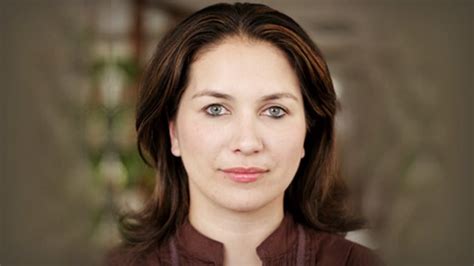A Quote by Ray Dalio
Successful people ask for the criticism of others and consider its merit.
Quote Topics
Related Quotes
I hate orthodox criticism. I don't mean great criticism, like that of Matthew Arnold and others, but the usual small niggling, fussy-mussy criticism, which thinks it can improve people by telling them where they are wrong, and results only in putting them in straitjackets of hesitancy and self-consciousness, and weazening all vision and bravery.
I don't have a very high opinion, actually, of the world of criticism - or the practice of criticism. I think I admire art criticism, criticism of painting and sculpture, far more than I do that of say films and books, literary or film criticism. But I don't much like the practice. I think there are an awful lot of bad people in it.
First, I would say, is ideology. I have never spoken to any member of these groups, not just ISIS, but also Al Qaeda, Shabab, etc., who wasn't driven by the ideology. Beyond that, a lot of people are wounded in some way - they've fallen out of society in some manner. All of the ones I've spoken to seem to have veered off course from lives we consider acceptable and successful. Of course, there are others like Osama bin Laden, who was a wealthy and successful businessperson.



































